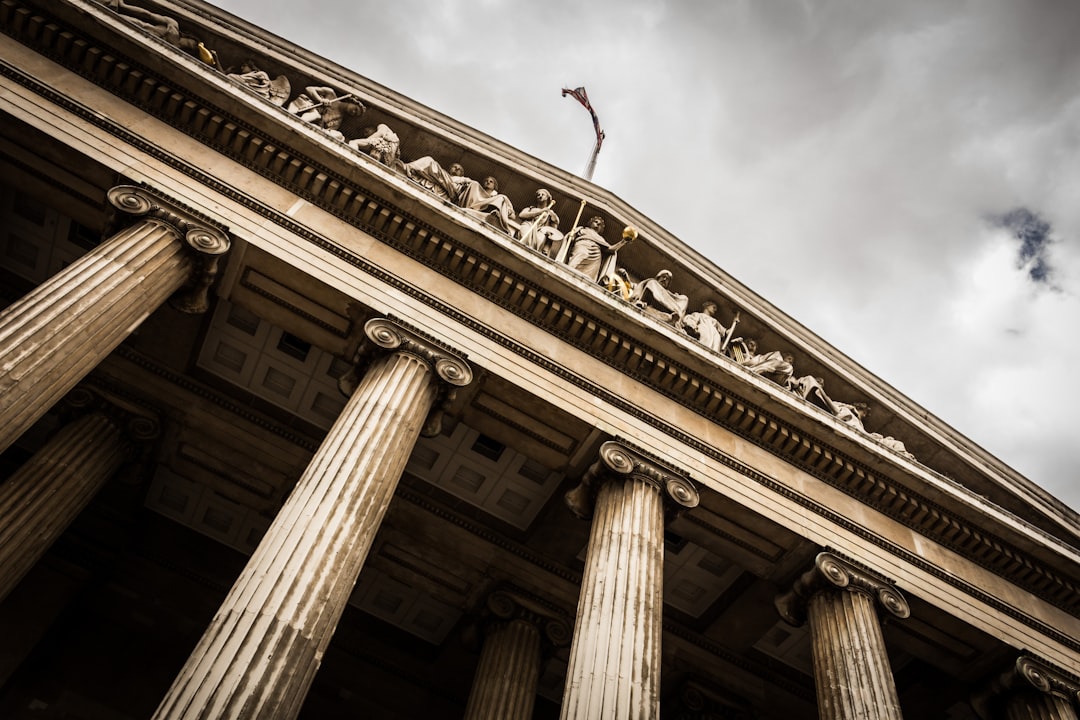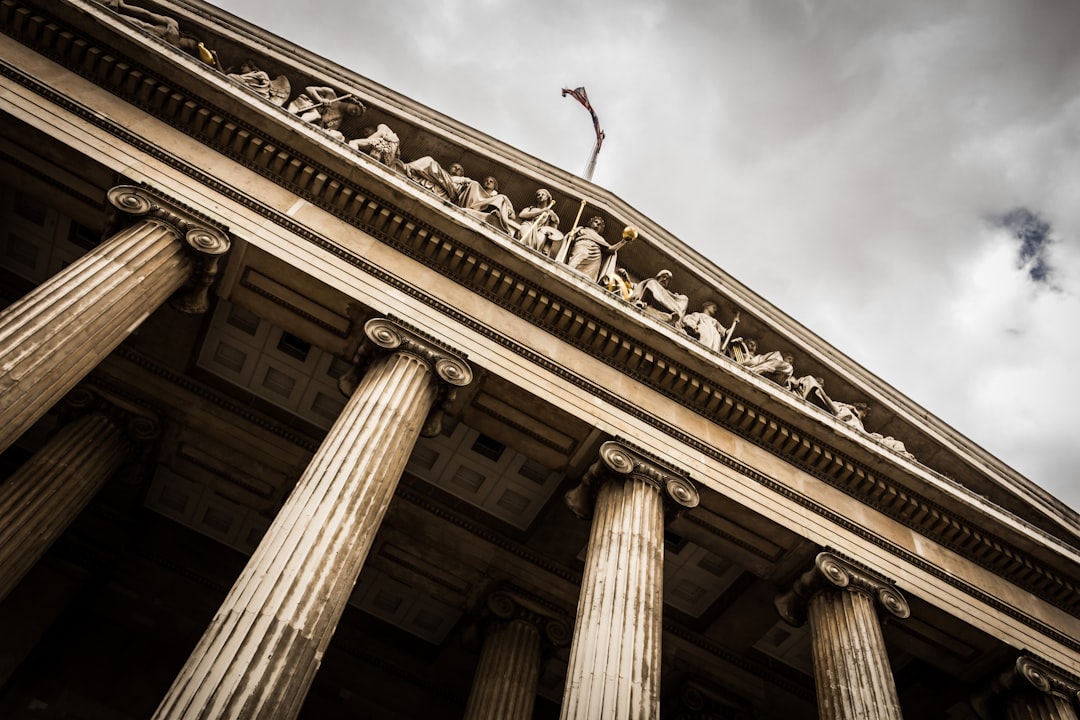In California, addressing school sexual abuse is a vital public health issue. Many survivors struggle with lifelong trauma due to inadequate handling of these incidents. This article equips parents and victims with knowledge on understanding, reporting, and navigating justice for school sexual abuse. From recognizing signs of abuse to advocacy strategies, we offer practical insights. For those seeking legal counsel, finding a specialized school sexual abuse lawyer in California is crucial for ensuring survivors’ rights and pursuing healing.
Understanding School Sexual Abuse in California

School sexual abuse is a serious issue that demands attention and action, especially in California, where laws and advocates are dedicated to protecting students. A California school sexual abuse lawyer plays a vital role in supporting victims and holding educational institutions accountable for their failure to maintain safe environments. This type of legal expertise is crucial when navigating the complex landscape of education policies, student rights, and state regulations related to child safety.
In California, understanding school sexual abuse involves recognizing various forms of misconduct, including physical assault, harassment, and exploitation. Many victims may face challenges in reporting these incidents due to fear, shame, or a lack of awareness of their rights. A skilled lawyer can guide survivors through the legal process, ensuring they receive the justice and support they deserve. By advocating for victims, these professionals contribute to creating a safer California education system, where students can learn without the shadow of abuse.
Legal Rights for Survivors: A Comprehensive Guide

Survivors of school sexual abuse in California have specific legal rights and protections. It’s crucial for victims to understand these rights, as they can help navigate the complex legal process and seek justice. A qualified school sexual abuse lawyer in California can provide a comprehensive guide, ensuring survivors know their options and are empowered to take action.
This guide typically includes information on statute of limitations, which sets time frames for filing lawsuits; the ability to pursue civil litigation against perpetrators and institutions responsible; and the potential for compensation for damages suffered. Additionally, it may cover criminal prosecution options, where evidence exists, and support services available through organizations dedicated to victim advocacy.
Navigating Justice: Steps After Reporting Abuse

After reporting school sexual abuse, victims and their families often face a complex journey towards justice. The first step is to consult with a knowledgeable school sexual abuse lawyer in California who specializes in advocacy for victims. This legal professional can provide invaluable guidance tailored to the unique circumstances of the case. They will help navigate the educational and legal systems, ensuring all necessary steps are taken promptly.
The process typically involves gathering evidence, interviewing witnesses, and documenting the incident(s). It’s crucial to act swiftly as time limits apply for reporting and legal actions. A California school sexual abuse lawyer can facilitate communication with authorities, schools, and relevant institutions while protecting the rights of the victim and their family throughout the journey towards seeking justice and healing.
Advocacy Strategies for Long-Term Healing and Recovery

Advocacy plays a pivotal role in the long-term healing and recovery process for survivors of school sexual abuse. A dedicated California school sexual abuse lawyer can be an instrumental ally in this journey. They employ various strategies to ensure comprehensive support, including counseling and therapy that address the emotional and psychological trauma. These legal professionals also facilitate access to specialized support groups where individuals share their experiences, fostering a sense of community and mutual understanding.
Furthermore, they collaborate with educational institutions to implement policies and protocols aimed at prevention and early intervention. By advocating for stricter regulations and increased training for staff, schools can create safer environments. This multifaceted approach not only seeks justice but also empowers survivors, providing them with the tools and resources necessary to rebuild their lives and regain a sense of control.






